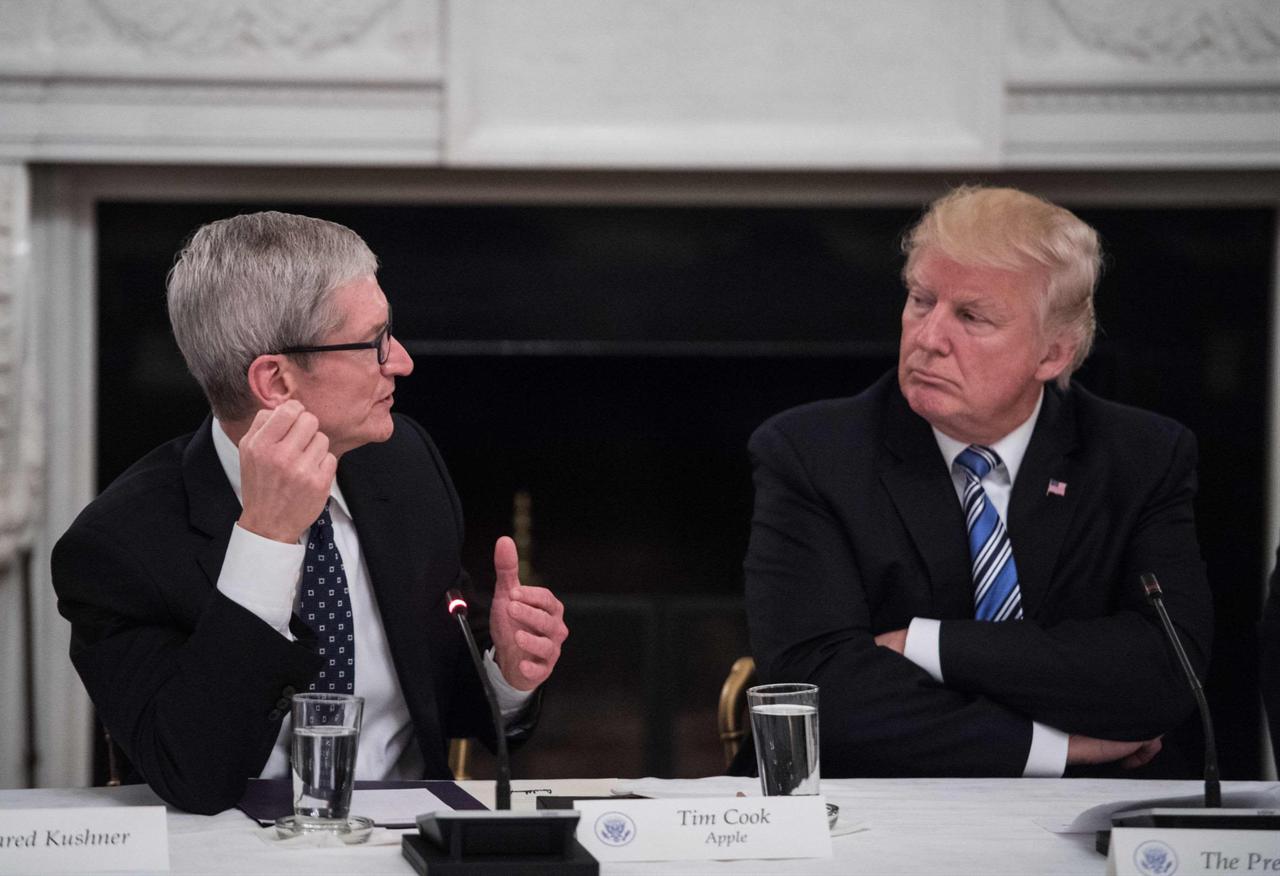
Apple will restrict European Union users from accessing its new Live Translation feature for AirPods, the company disclosed Thursday on its feature availability webpage, citing no specific reason for the limitation.
The restriction applies when users are both physically located in the EU and have their Apple Account region set to an EU country. Industry analysts point to the bloc's stringent artificial intelligence regulations and data protection laws as the likely drivers behind Apple's decision.
The EU's Artificial Intelligence Act and General Data Protection Regulation impose strict requirements on speech and translation services, particularly around privacy, consent and cross-border data flows. Regulators may seek to examine how Live Translation processes user conversations before allowing widespread deployment.

Live Translation, announced alongside Apple's AirPods Pro 3, enables hands-free communication by providing real-time translation between conversation participants. The feature works on older models including AirPods 4 with Active Noise Cancellation and AirPods Pro 2.
When both speakers wear compatible AirPods with the feature enabled, Active Noise Cancellation automatically adjusts volume levels to help users focus on translated audio while maintaining natural conversation flow.
For conversations with non-AirPods users, iPhones display live transcriptions showing translations in the other person's preferred language.
The feature requires AirPods running the latest firmware paired with Apple Intelligence-enabled iPhones running iOS 26 or later, limiting compatibility to iPhone 15 Pro and newer models. Apple has been testing the firmware alongside iOS 26 beta updates ahead of the official September 15 release.
Initial language support includes English, French, German, Portuguese and Spanish, with Italian, Japanese, Korean and simplified Chinese planned for later this year. Apple has not indicated when EU restrictions might be lifted.

The move comes as tensions escalate between Washington and Brussels over technology regulation. On Sep. 5, U.S. President Donald Trump threatened to launch a trade investigation to "nullify" what he called discriminatory fines against U.S. tech companies following Google's nearly $3.5 billion EU antitrust penalty.
"We cannot let this happen to brilliant and unprecedented American Ingenuity," Trump wrote on Truth Social, warning he would "start a Section 301 proceeding to nullify the unfair penalties being charged to these Taxpaying American Companies."
Trump also criticized the EU for "squeezing billions of dollars from Apple in back taxes and fines," claiming the company faced $17 billion in penalties, a figure that appears to include Ireland's 2024 court ruling ordering Apple to pay over $14 billion in back taxes.